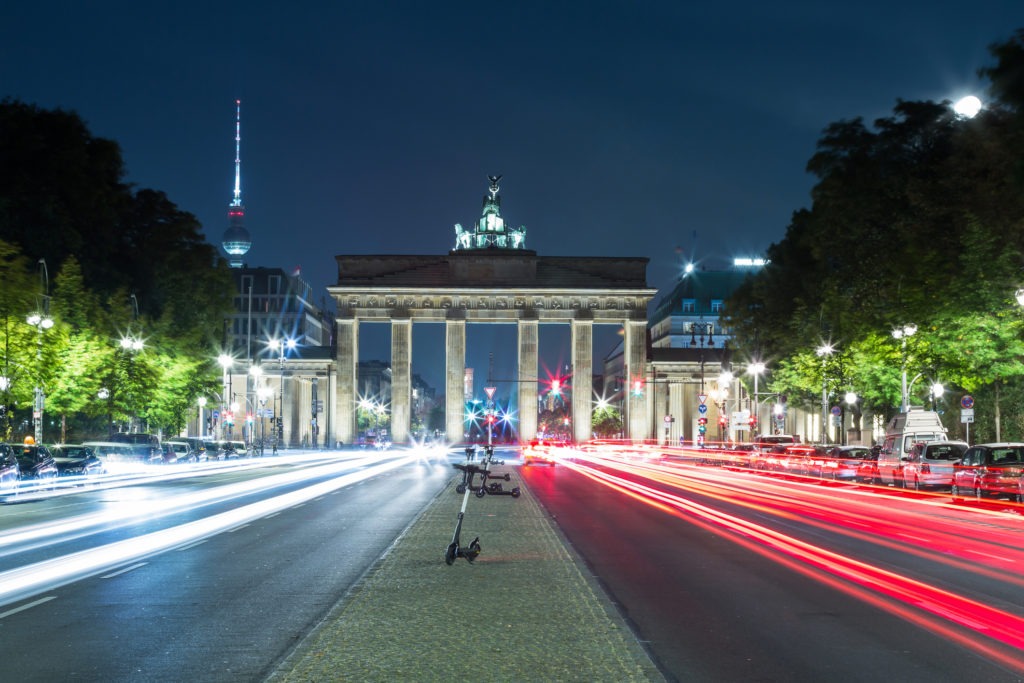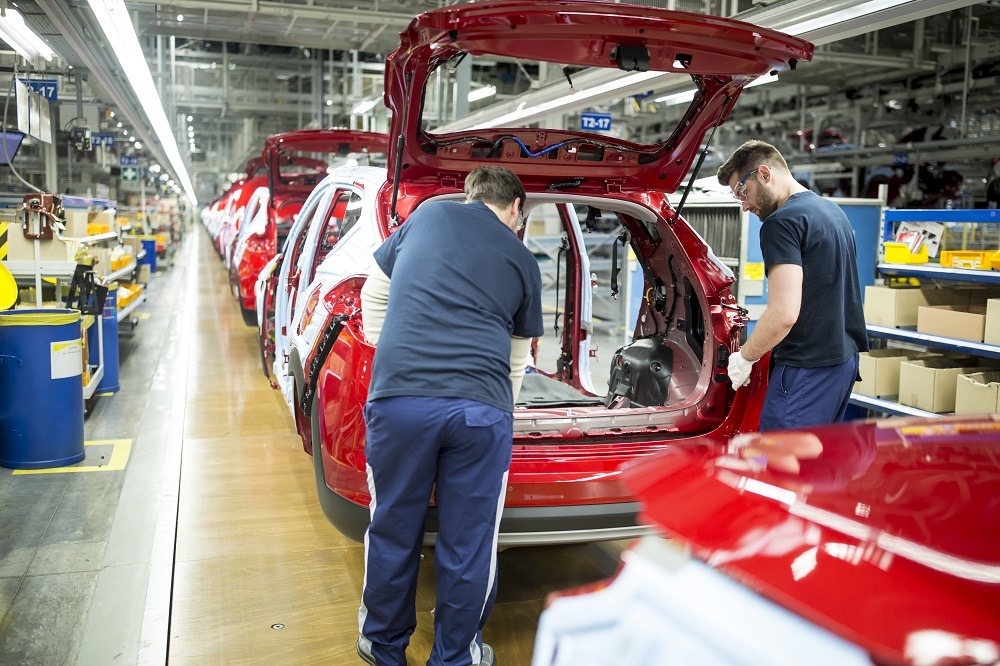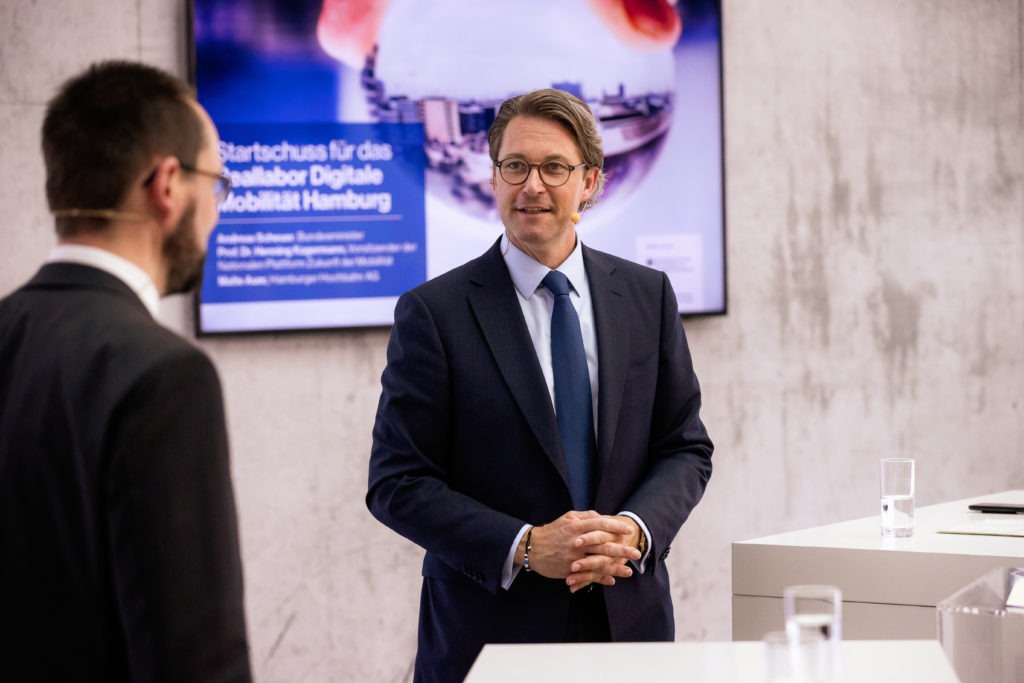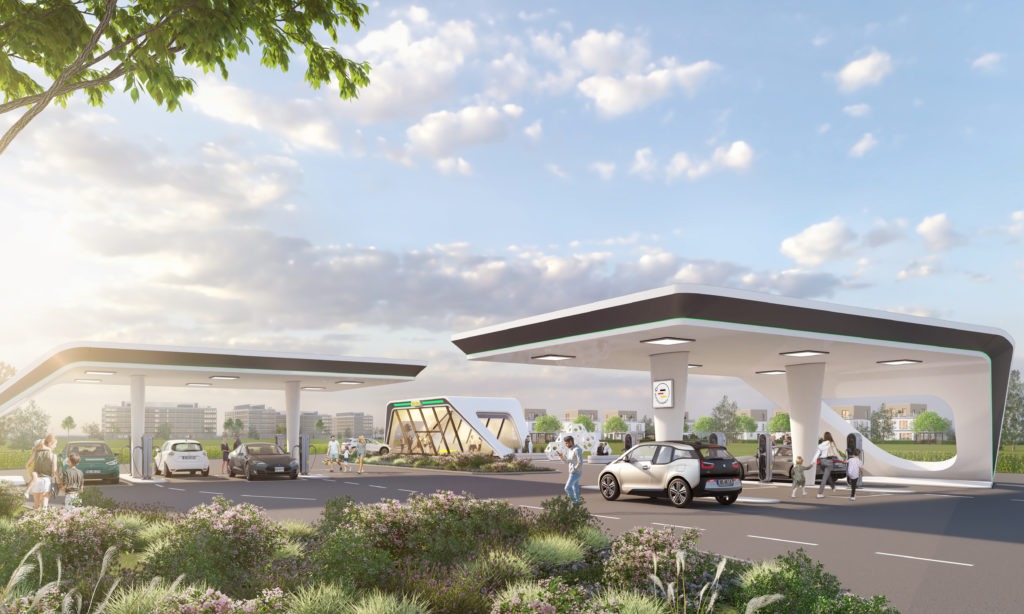New German government to ramp up electrification and infrastructure
30 November 2021

After weeks of negotiations, the three parties forming the next German government have presented their coalition agreement – so what does it mean for the automotive industry? Infrastructure, electromobility, autonomous driving and synthetic fuels are some of the mobility themes the political groups addressed.
15 million electric cars
The centre-left Social Democrats (SPD), the Greens and the liberal Free Democrats (FDP) said they will decarbonise the mobility sector, planning to invest heavily in infrastructure.
‘We will support the transformation process of the German automotive industry against the background of digitalisation and decarbonisation. Framework conditions and funding measures will be laid out to ensure Germany will be the leading market for electromobility with at least 15 million electric cars in 2030,’ the parties said.
The EU is planning to ban the sale of new internal-combustion engine (ICE) vehicles from 2035. But the next German government is committed to achieving this goal ahead of that date, though it did not specify when. The parties also said that ‘outside of the existing system of fleet-emission standards, we advocate that only vehicles that can be refuelled with e-fuels can be registered.’
The German car industry is largely in favour of e-fuels, or synthetic fuels, to replace petrol and diesel as it would help safeguard jobs. Environmentalist groups, such as Greenpeace, criticised the parties’ choice not to phase out ICE faster.
A green NGO, Deutsche Umwelthilfe, also found harsh words for the coalition agreement. ‘The signature of the car companies is obvious. The outcome in the field of transport is in breach of climate protection decisions by the Constitutional Court […] The coalition agreement is not enough to meet the Paris climate-protection limit.’
For some, it may have been a surprise that the Greens were not able to secure the post of transport minister, a role that will be held by FDP politician Volker Wissing. The liberal FDP party has clashed with the Greens on several transport policies, with the latter demanding stricter regulations to reach climate-goal targets.
The FDP is known to be laxer about this, with the party not wanting to put the automotive industry under too much pressure. It was the FDP that insisted on keeping options open when it comes to e-fuels. The next transport minister also said in a recent interview with German tabloid Bild that he wants to lower vehicle tax for diesel vehicles, thus pursuing a more ICE-friendly approach, which has caused frustration among Green Party members.
One million charging points
While the political parties aim to drastically increase the number of electrically-chargeable vehicles (EVs) by 2030 – currently, there are around one million EVs on the road – the need to provide enough charging facilities is high.
The agreement states that the expansion of the charging infrastructure must precede demand, with plans in place to have one million public and non-discriminatory charging points in operation by 2030. At the moment, around 42,000 public-charging points can be found in the country, with the next government aiming to increase the number of bi-directional and rapid-charging points.
The German Association of the Automotive Industry (VDA) called the plans ambitious. ‘The new federal government wants to see up to 15 million fully-electric cars on the roads in Germany by 2030. This means that by 2022, every second newly-registered car will have to be purely electric,’ said Hildegard Müller, who heads the VDA.
‘In order for this to succeed, we need [to speed up] the expansion of the charging infrastructure: more charging points in private surroundings, in retail, at petrol stations and on public roads. In particular, the suppliers need accompanying funding for the switch and support for the transformation of companies so that jobs in Germany are preserved.’
Battery recycling, AVs, green hydrogen
Increasing demand for EVs also raises questions surrounding battery recycling. The coalition parties aim to turn Germany into a centre for research, manufacturing, and recycling of battery cells. Therefore, they intend to further develop European battery projects (IPCEI), as well as the construction of further cell-production sites that include recycling. Consequently, the next government sees the fostering of research on new and sustainable battery generations as key. Germany’s largest carmaker Volkswagen (VW) recently opened a research and development centre for the large-scale production of its own battery cells, planning to inject €70 million into the unit.
EVs are also bound to get smarter and more autonomous in the coming years. Germany recently adopted legislation that will pave the way for autonomous vehicles (AVs) to take to the roads, and this is something the next leaders of the country are planning to focus on.
‘We will support digital-mobility services, innovative mobility solutions and car-sharing, including them in a long-term strategy for autonomous and networked driving of public transport,’ the parties said. Several pilot projects are underway in the realms of autonomous driving, such as in Munich where Sixt wants to launch robotaxis next year.
While electrification is going to take a central role in Germany’s mobility strategy, the government also wants to actively look into alternative fuels – including green hydrogen. The coalition aims to not only foster international partnerships in this area, but also wants to fund climate-neutral hydrogen production ‘even if the availability of green hydrogen is not yet sufficiently ensured.’
Carmakers’ reactions
How did the German automotive industry react to the coalition agreement? Carmakers largely welcomed the news, with BMW praising the government’s clear commitment to accelerate the expansion of charging infrastructure, especially with a focus on the fast-charging network. ‘The non-discriminatory access to public-charging points and the expansion in advance of demand are the decisive factors for the successful ramp-up of e-mobility and increasing customer acceptance,’ the manufacturer said.
Meanwhile, Daimler CEO Ola Källenius said he liked the sound of three targets mentioned in the agreement that echoed the OEM’s sentiments. ‘15 million electric cars, one million charging points and 80% renewable energy,’ he said. ‘These are three specific goals for 2030 that will support the transformation of the automotive industry in this decade. This way, even more cars can become electric and electric cars really green. Higher investments, faster approval procedures and a digital awakening in the state, economy and society will also do us good.’
Overall, businesses have found words of approval relating to the coalition agreement. For vehicle manufacturers, the competitive targets set out in the document will help them move forward with their mobility strategies.



